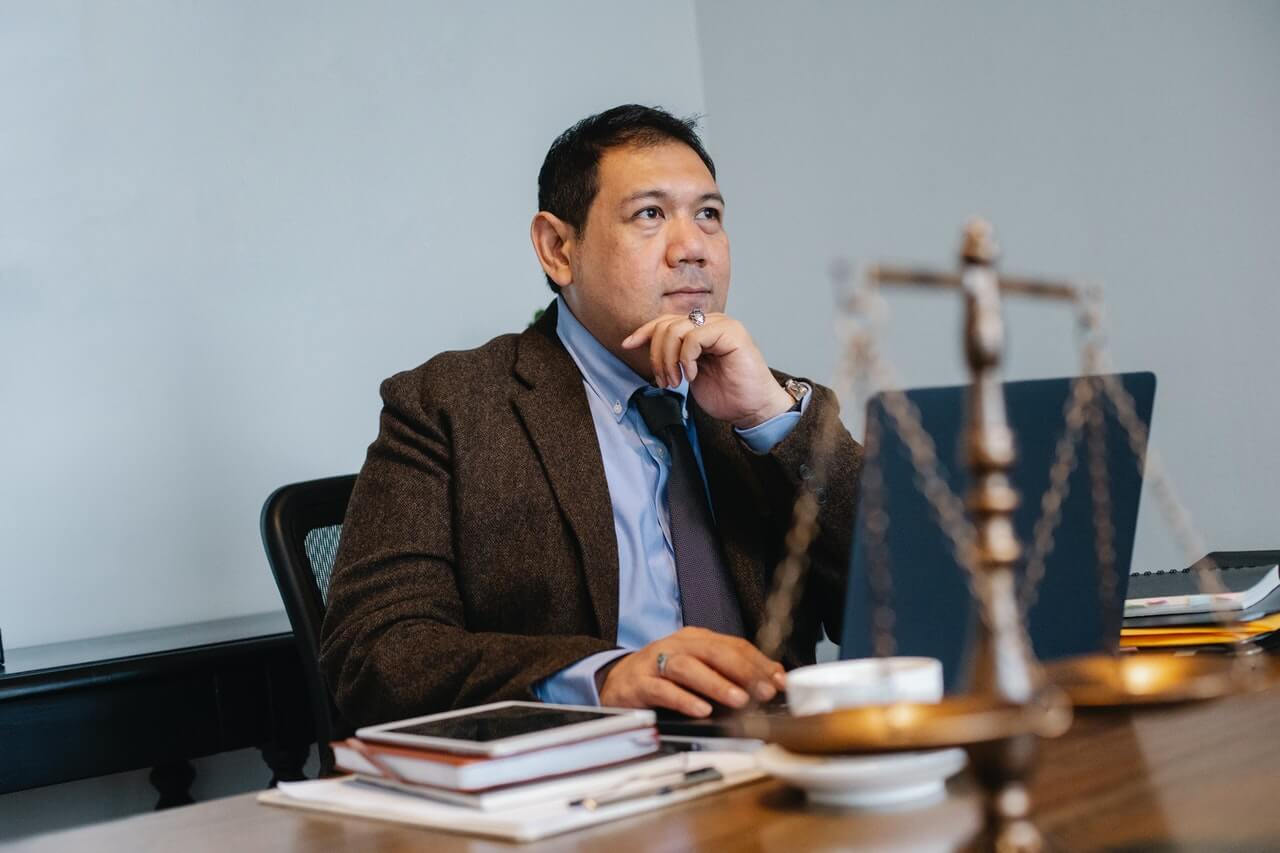(Guest post from Hank Lewis.) An email said: My organization is 2nd in my life only to my family. I also feel responsible for the integrity of the organization and for protecting it from changes that would endanger that integrity. This organization works to create programs that bridge educational gaps between and about indigenous cultures. …
Starting a Business/
Business Laws & Ethics
Olba has asked for your advice. She has been appointed to a government sector board to represent her local peoples in decision-making and resource allocation. The organisation has been constituted with legislation that mirrors many provisions of the corporations act. Directors are not paid but Olba is happy to gain experience and serve the community.
The Minister appoints the board members and also a ‘facilitator’ to chair the board meetings. Olba resents the facilitator and knows that her colleagues on the board share her feelings. The government use this facilitator for a number of board and committee functions; she is well credentialed, politically well-connected, and somehow a ‘power behind the throne’ with several local organisations.
The facilitator is paid a sitting fee and does not appear to carry the duties that are imposed upon directors under the legislation. She is also often late for the meetings, arrives without having read the papers beforehand, and, on one memorable occasion, got some way through the agenda before realising which board she was chairing. This appeared to be a major conflict of interest as it became obvious she was currently also chairing a board that competes with Olba’s board for funds.
Olba has done some governance training and a lot of reading on the topic. She aspires to be a prominent and useful board member and a good ambassador for her people. The facilitator could cause an embarrassment that would thwart Olba’s aspirations. She is also, in Olba’s opinion, not performing well enough and possibly harming the organisation.
What should Olba do?
By David Gebler and Donna Boehme In the wake of the Penn State child abuse scandal, many in the media were outraged by the NCAA’s decision to instantly vacate the university’s win record from 1998 through 2011. As two ethicists with a combined 40+ years working in the trenches with organizations and their cultures, we’d …
Dual Roles: Board President and Paid Executive (Part 1) (Guest post from Hank Lewis.) An Email Said: My organization has no paid staff, is essentially unfunded at this time, and Board Members receive no compensation of any kind including expense reimbursement. I’m the chairman of the Board and founder of the organization. When I sign …
Nagachandra is a director on the board of a not-for-profit company. The CEO has a board seat. This position was argued against by the former chairman but other board members prevailed saying that the CEO was firstly responsible and trustworthy and secondly more knowledgeable about the operations than any non-executive director could ever hope to …
Miriam is the Regional Managing Director for a large multi-national company. She oversees a group of companies that manufacture and sell products across the region and also export from it. One of the subsidiaries in her group is in a country that has a small market for the products and is fundamentally unprofitable. She has …
What’s at the heart of many of today’s scandals? Legal and even innocent behavior that creates a toxic culture. Take the recent GSA scandal for example. As quoted today in Forbes: David Gebler, a whistleblowing expert, lawyer, and author of The 3 Power Values: How Commitment, Integrity, and Transparency Clear the Roadblocks to Performance, says …







